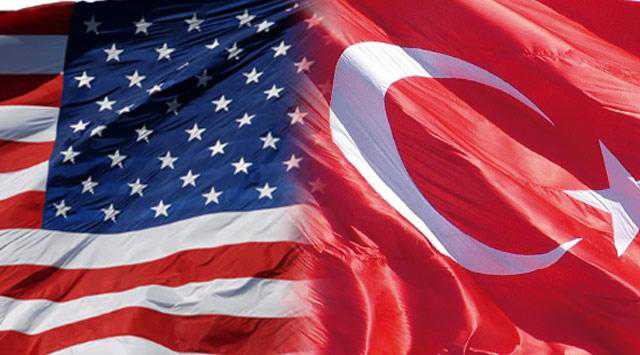By Halil l. Danismaz
This week, American leaders watched as Russian President Vladimir Putin and Turkish President Recep Tayyip Erdogan met in Istanbul for the third time since June, this time in bilateral talks on the sidelines of the 2016 World Energy Congress in Istanbul.
During Putin’s visit, both leaders agreed to revive the Turkish Stream, a natural-gas pipeline project intended to replace a pipeline through Bulgaria that was previously planned, but subsequently blocked by the European Union at the outset of the Ukraine crisis. The agreement would allow Russian gas to reach Western markets without using Russia’s existing export pipelines throughout the Eastern European region. While various European governments, as well as the United States, oppose the Turkish Stream pipeline, President Erdogan supports it, particularly as a means of propping Turkey up as gas hub for Europe and the region.
Turkey and Russia, brought together by their mutual interests, their geographic proximity, and, recently, their disputes with the United States, are now working more closely together than they have in years. As Turkey increases cooperation with one of America’s biggest geopolitical threats, it is more important than ever for the United States to pay new attention to Turkey.Turkey is crucial to global operations against ISIS, controls the North Atlantic Treaty Organization’s (NATO) second-largest army, and remains a central player in any proposed solution to the Syrian conflict. It is an ally of both the United States and key Arab nations in supporting moderate rebels’ attempts to establish a political transition in Syria without President Bashar al-Assad.
However, the U.S. and Turkey are at a standstill when it comes to the Kurdish issue. President Erdogan labels the YPG in Syria as terrorists and a national security threat, while Washington sees them as the main ground force and an integral part in the fight against ISIS. To make matters trickier, unlike Russia and the United States, Turkey believes in establishing a no-fly zone along its border with Syria, to be eventually used as a protected area to settle millions of refugees.
Turkey is indeed an ally of the West, but friends and allies may not agree on every issue. Given the stakes, it is necessary to ensure that our ally is treated the way it deserves to be treated. As Russia and Turkey, despite their differences, continue to cooperate, America must also assist its ally and support its efforts to maintain a stable government without any additional coups. In the face of the biggest challenges on the global stage, we must eliminate the cracks that exist in the U.S.-Turkey relationships as soon as possible in order to reach our common goals. Turkey is America’s most important ally in the fight against ISIS and terrorism in the 21st century.
Halil l. Danismaz is President of the Turkish Heritage Organization

